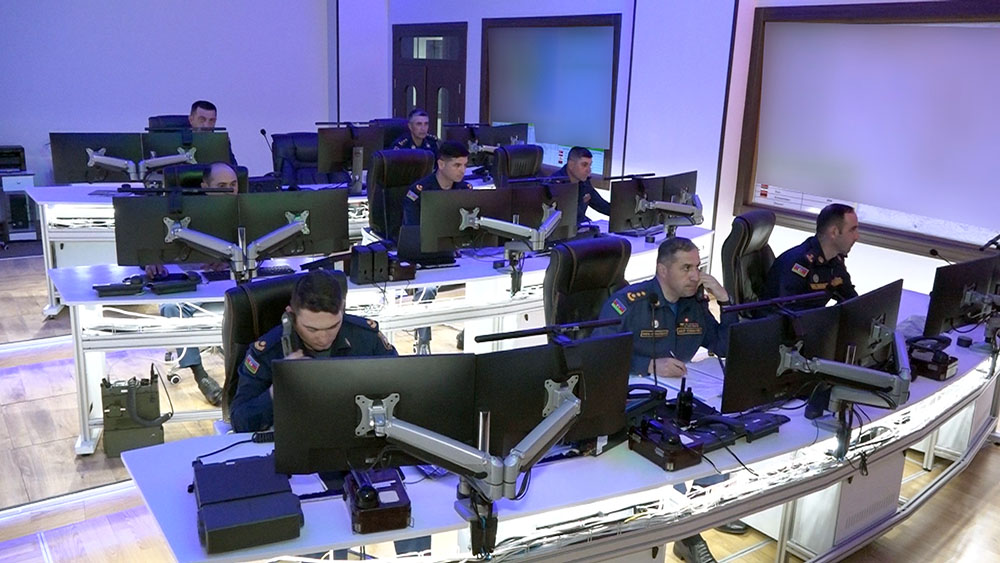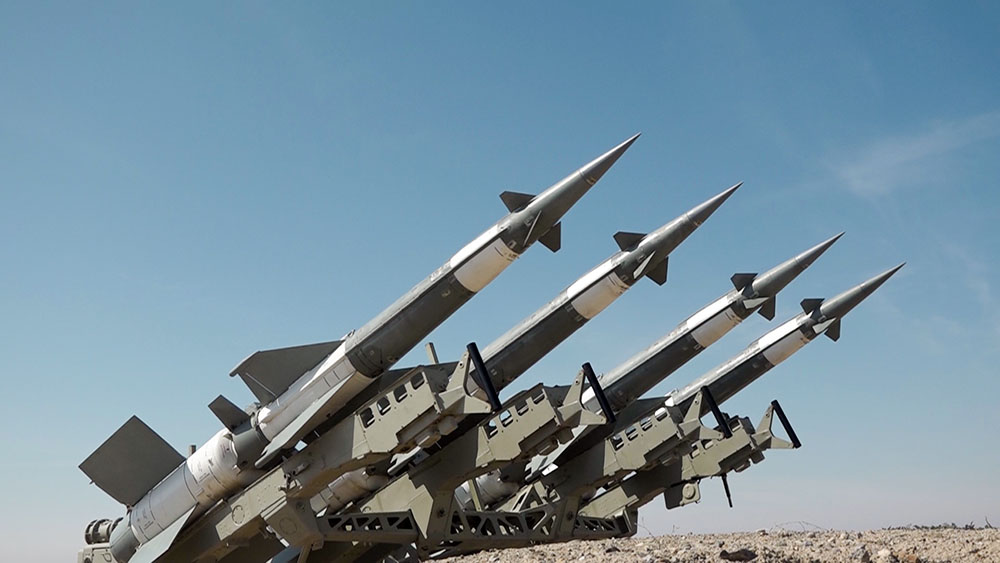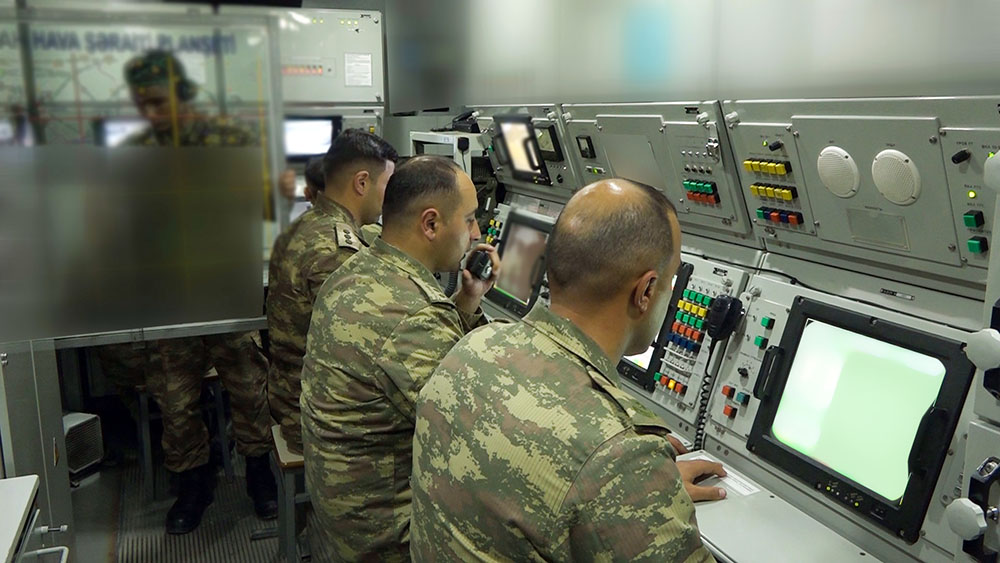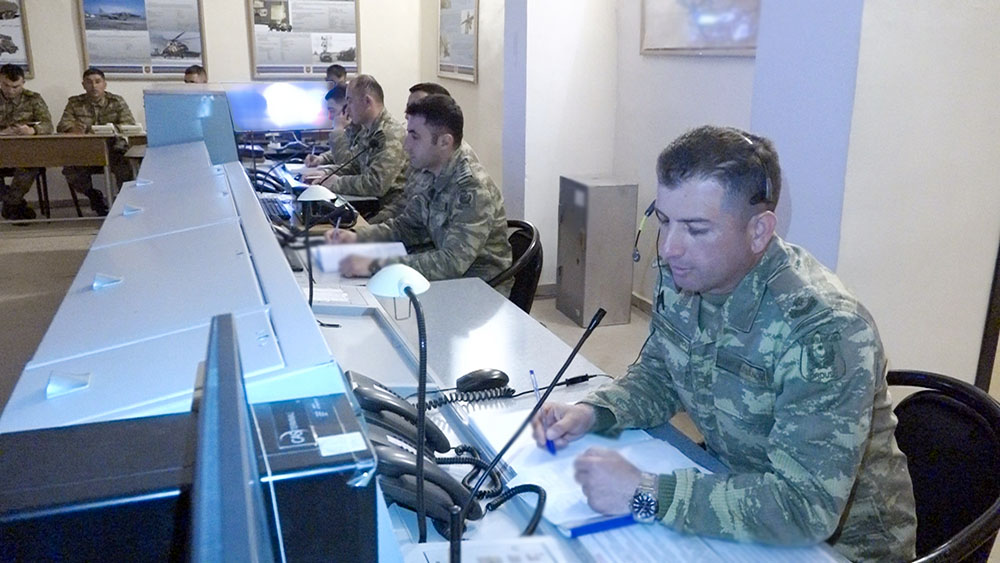- News
- Leadership
- Military press
-
International cooperation
- International Military Cooperation
- Bilateral and multilateral military cooperation
- Cooperation with NATO
- Participation in international peacekeeping operations
- Cooperation with ICRC
- Implementation of international arms control activities
- CISM - International Military Sports Council
- List of Military Attaches Apparatus of foreign countries resident in Republic of Azerbaijan
- International Army Games
-
Military education
- The system of military science and education of the Azerbaijan Army
- Military Scientific-Research Institute
- Military Administration Institute
- Training and Educational Center of the Azerbaijan Army
- Military Institute named after Heydar Aliyev
- Military Lyceum named after Jamshid Nakhchivanski and Military Lyceum named after Heydar Aliyev
- Military Medical Faculty of the Azerbaijan Medical University
- Memory
- Archive
- Contacts
17 April 2024 16:35
Combined Arms Army’s Air Force held tactical-special exercise - VIDEO
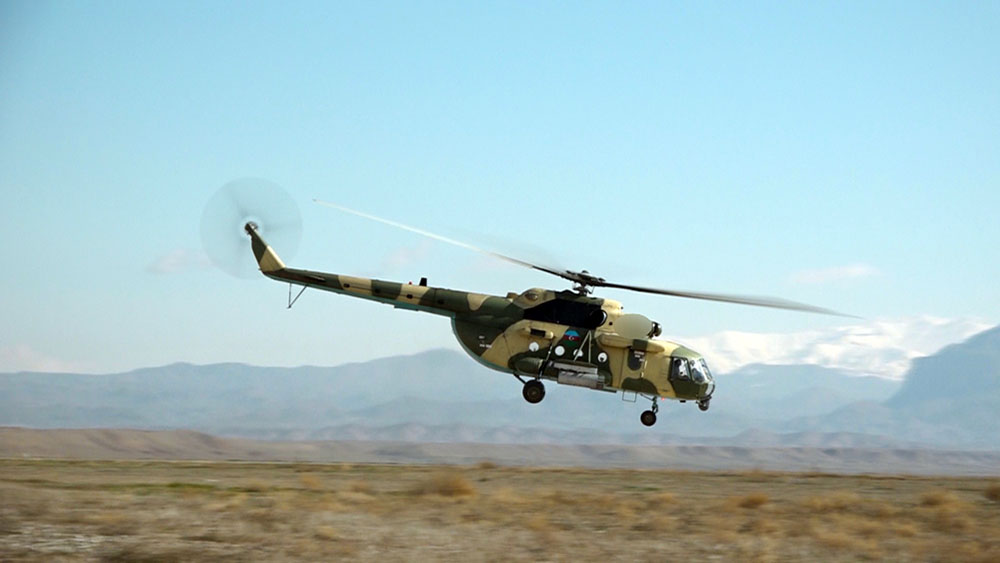
Combined Arms Army’s Air Force held tactical-special exercise.
During the exercise, formations and units of army aviation and air defense were brought into the first readiness condition by the “CONDITION-1” command given by the command staff in the control point. At the same time, the reserve air defense units were withdrawn to the destination areas in accordance with the combat mission to fulfill assigned tasks.
A pre-flight briefing was held with the crews of aircraft on the second readiness condition and combat tasks were assigned to the personnel. The flight crews of the Mi-17 transport and combat helicopters simulated air strikes on ground targets during practical flights, and performed various maneuvers to suppress air defense systems.
Continuous reconnaissance of the airspace was carried out by the surveillance and target acquisition radars that are on combat duty of the air defense units involved in the exercise. The data obtained was analyzed, evaluated, processed and transmitted to command control points, as well as to interacting units.
Weather conditions were assessed based on data received from radar units, Bayraktar TB2 and visual observation posts.
Commanders and combat crews in real combat conditions worked out methods for calculating the sequence and time intervals of consistent entry of targets into the destruction zone, the annihilation of an imaginary air enemy operating as an intense active and passive obstacle at various altitudes, as well as the activities of air defense units against enemy’s small-sized slow-speed UAVs.
At the same time, radio interference means were used as part of active measures to protect the deployment points and combat positions of Army Corps, formations, units and subunits from attacks by mini and micro unmanned aerial vehicles.
The tasks set at the tactical-special exercise were successfully accomplished and the interoperability for joint activities between the units was established.
